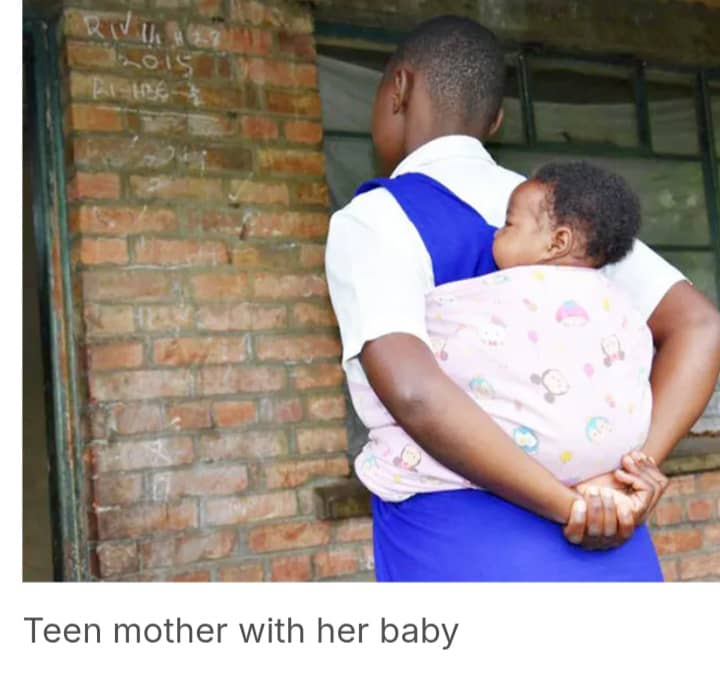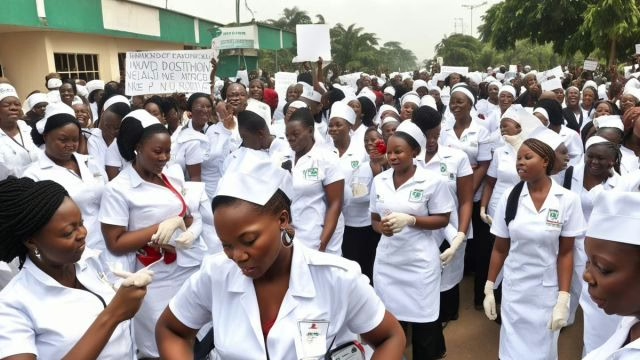
The Adolescent Desk Officer , Osun Primary Health Care Board, Mrs Roseline Akinlabi, has expressed concern over rising cases of teenage pregnancies in the country.
Referencing the United Nations Children Fund (UNICEF) data, Akinlabi said that Nigeria still has one of the highest teenage pregnancy in the world.
According to her, the data also indicated that approximately, 19 per cent of Adolescent
girls between 15 and 19 years have begun child bearing.
Akinlabi made the call during an engagement programme on the causes and effects of teenage pregnancy organised by Osun state family planning and Public Health media team, with support from The Challenge Initiative.(TCI) on Wednesday in Osogbo.
She, however, called on for urgent action against rising cases of teenage pregnancies in the country.
Speaking on the problems associated with teenage pregnancy, Akinlabi said that it could lead to complications during child birth, including eclampsia, puerperal endometritis and systemic infections.
She said that it could also lead to pregnancy-induced hypertension, gestational diabetes, infections, dropping out of school, hindering future educational and career opportunities.
According to her, teenage pregnancy can also cause stress and traumatic experience, potentially leading to depression, anxiety and mental health issues.
Akinlabi, however, has said that child marriage, early menarche, peer pressure, were some of the factors responsible for increase in teenage pregnancy in the country.
She also said that sexual violence, including rape were also significants factors for adolescent pregnancy.
Akinlabi described adolescent as a critical transitional between childhood and adulthood, characterised by significant emotional and physical changes.
The Adolescent expert noted that that early adolescent is between 10 and 14 years of age, while late adolescent is between 15 and 19.
She, however, said that limited access to affordable, reliable contraception, coupled with stigmatisation and misinformation could lead to unintended pregnancies.
” During this period, young people undergo significant growth and development, including puberty, cognitive maturation, and formation of a personal identity”, she said.
Quoting the World Health Organisation (WHO), Akinlabi said that Adolescent Pregnancy occurred in female under the age of 20.
She said that problems associated with teenage pregnancy include; unsafe abortion, physical abuse, denial of basic rights, psychological stress, among others.
Akinlabi, however, said that combating gender-based violence, empowerment of of girl-child, comprehensive sex education, access to contraception, among others, were some of ways to minimise teenage pregnancies.
She commended TCI in its efforts on awareness on family planning in the state, adding the various interventions of the NGO had led to increase of family planning in the state.


